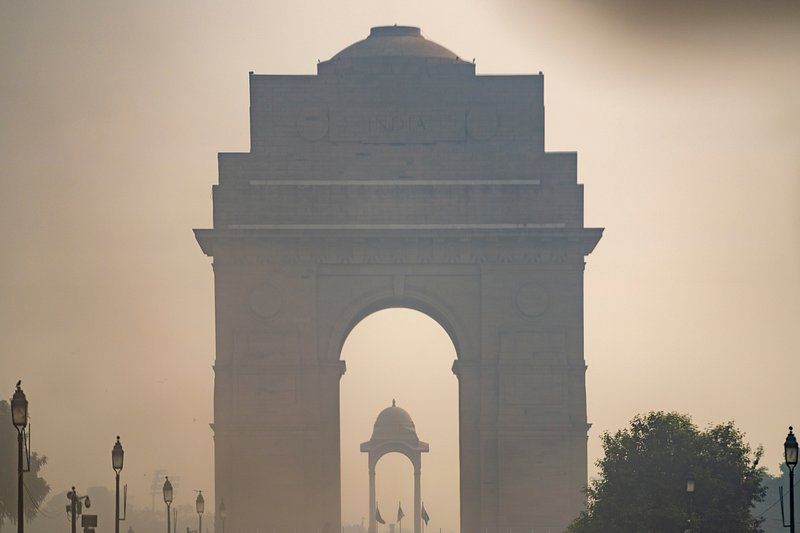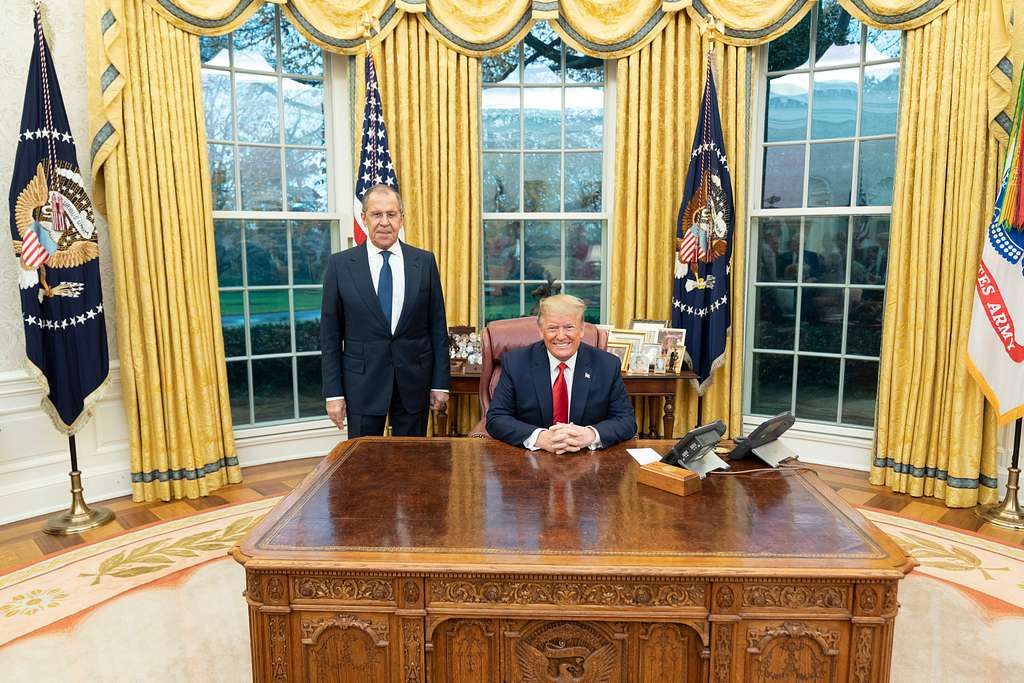Dussehra: The History and Cultural Significance of a Unique Festival

Dussehra, also known as Vijayadashami, is one of the major festivals celebrated in India. It falls on the tenth day of the bright fortnight of Ashwin, usually in September or October. The festival holds not only religious significance but also symbolizes Indian culture, tradition, and unity.
Historical Significance of Dussehra
The festival of Dussehra is primarily linked to the legendary battle between Lord Rama and Ravana. According to Hindu beliefs, Lord Rama defeated Ravana and rescued Sita from his captivity. Ravana, the king of Lanka, was a powerful and learned demon, but his arrogance led to his downfall. Rama’s victory over Ravana represents the triumph of good over evil.
Another important aspect of Dussehra is the worship of Goddess Durga. During the nine nights of Navaratri, the goddess is revered, and on Dussehra, her victory over the buffalo demon Mahishasura is commemorated. This day thus becomes a symbol of the victory of goodness over wickedness.
Cultural Heritage
Dussehra is celebrated with variations across different cultures and traditions in India. In Northern India, it is celebrated through “Ramlila,” a theatrical performance depicting the battle between Rama and Ravana. This drama is not only religious but also a cultural festival where people gather, dance, and sing devotional songs.
In Southern India, Dussehra marks the conclusion of Navaratri, and women engage in worshipping Goddess Durga. Various festivities, including lighting lamps and organizing special bhajans and kirtans, take place during this time.
In Western India, particularly in Gujarat, people celebrate with Garba and Dandiya dances. This festival is not only religious but also symbolizes community unity and cultural richness.
Modern Context of Dussehra
In today’s world, Dussehra has evolved beyond just a religious festival; it is a time for families and friends to come together, share moments, and celebrate the joy of the festival. It reflects not only Indian culture but also conveys a message of unity and brotherhood in society.
Dussehra teaches us that no matter how formidable evil may seem, truth and justice will always prevail. This festival inspires us to follow the path of goodness in our lives and conquer the inner demons within us.
Conclusion
Dussehra is a festival that symbolizes not only Indian spirituality but also forms an integral part of our cultural heritage. Every year, it enhances religious faith while connecting us to our traditions and culture. Thus, Dussehra is more than just a festival; it is an important aspect of our lives, holding a special place in the hearts of all Indians.







